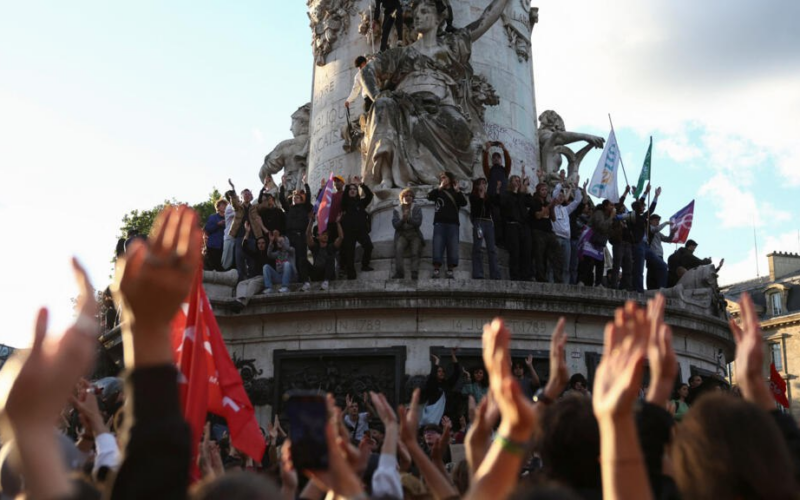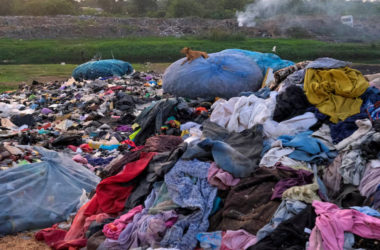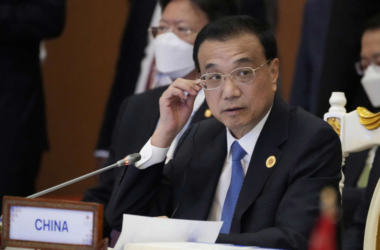The recent European Parliament elections, held from June 6-9, 2024, have led to significant shifts in the political and security landscape across Europe. Although the expected surge of far-right parties did not drastically alter the composition of the European Parliament, the impact on national governments has been profound, sparking political upheaval in several countries and raising concerns about potential civil unrest.
European Parliament Dynamics
The election results have confirmed the dominance of the center-right European People’s Party (EPP) as the largest group in the European Parliament, followed by the Socialists and Democrats (S&D), and the centrist Renew Europe (RE) groups. Despite notable gains by far-right parties, such as the Eurosceptic European Conservatives and Reformists (ECR) and the far-right Identity and Democracy (ID) blocs, their combined increase of only 13 seats fell short of projections. The Greens, meanwhile, experienced a decline, losing 18 seats compared to the 2019 elections.
National Political Shifts
At the national level, the election results have led to immediate and significant consequences:
- France: The Rassemblement Nationale (National Rally) outperformed President Emmanuel Macron’s Renaissance party, prompting Macron to dissolve the National Assembly and call for snap elections in late June and early July. This risky move could lead to a government led by the far-right or force the president to form a broad coalition to counteract the far-right’s rise. The decision is expected to spark demonstrations and strikes, especially as the country prepares for the Paris 2024 Olympics starting in late July.
- Belgium: The right-wing New Flemish Alliance (N-VA) won over the incumbent Open Flemish Liberals and Democrats, while the Socialist Party in Wallonia was defeated by the centrist Reformist Movement (MR). The Prime Minister has resigned, and the nation is experiencing student and left-wing protests as coalition talks progress.
- Germany: Chancellor Olaf Scholz’s coalition barely edged out the center-right Christian Democrat CDU/CSU alliance. The far-right Alternative für Deutschland (AfD) made significant gains, positioning itself ahead of Scholz’s own Social Democrats (SPD). This development threatens the stability of the current ruling coalition and complicates future governance.
- Italy: Prime Minister Giorgia Meloni’s Fratelli d’Italia (Brothers of Italy) saw increased support, solidifying her position domestically and potentially boosting her influence on European energy and industrial policies.
- Austria: The far-right Freedom Party (FPO) received the most votes, marking a historic first and setting the stage for the national elections later in September.
- Poland: Donald Tusk’s centrist coalition narrowly defeated the Law and Justice (PiS) party, underscoring the ongoing popularity of the populist party despite scandals.
- Hungary: Viktor Orban’s Fidesz party faced a significant challenge from former insider Peter Magyar, leading to their worst result in a European election. This comes just weeks before Hungary assumes the six-month rotating EU presidency.
EU-Level Implications
The balance of power within the European Parliament remains largely unchanged from the 2019 session. However, the growing influence of far-right parties in several key member states is likely to exacerbate existing tensions. The traditional practice of avoiding political alignment with the far-right, known as the cordon sanitaire, is increasingly under pressure. This will influence intra-parliamentary relations, particularly among the EPP, ECR, and ID blocs, and affect the selection of the next president of the European Commission.
The election results will also shape the EU’s stance on NATO and ongoing support for Ukraine. Leaders like Giorgia Meloni, who are more pro-NATO, may clash with skeptics like Hungary’s Viktor Orban and Slovakia’s Robert Fico, impacting the EU’s unified approach to the conflict in Ukraine.
Security Concerns
The aftermath of the elections has already led to left-wing riots in Paris and demonstrations in Brussels. Upcoming elections in France and Austria are likely to prompt further political rallies and counter-protests, increasing the likelihood of violence and unrest. Authorities are expected to implement additional security measures at demonstration events, particularly in France, where preparations for the Paris Olympics add an extra layer of complexity.
The consolidation of conservative and far-right groups in the European Parliament and the potential for a more Eurosceptic legislative agenda may mobilize both environmental activists and farmers’ groups. Environmentalists will likely protest any attempts to roll back climate regulations, while farmers are expected to demonstrate against both increased environmental legislation and trade agreements with Ukraine.
As Europe navigates these political shifts and their security implications, the coming months will be critical in determining the region’s political stability and cohesion.








